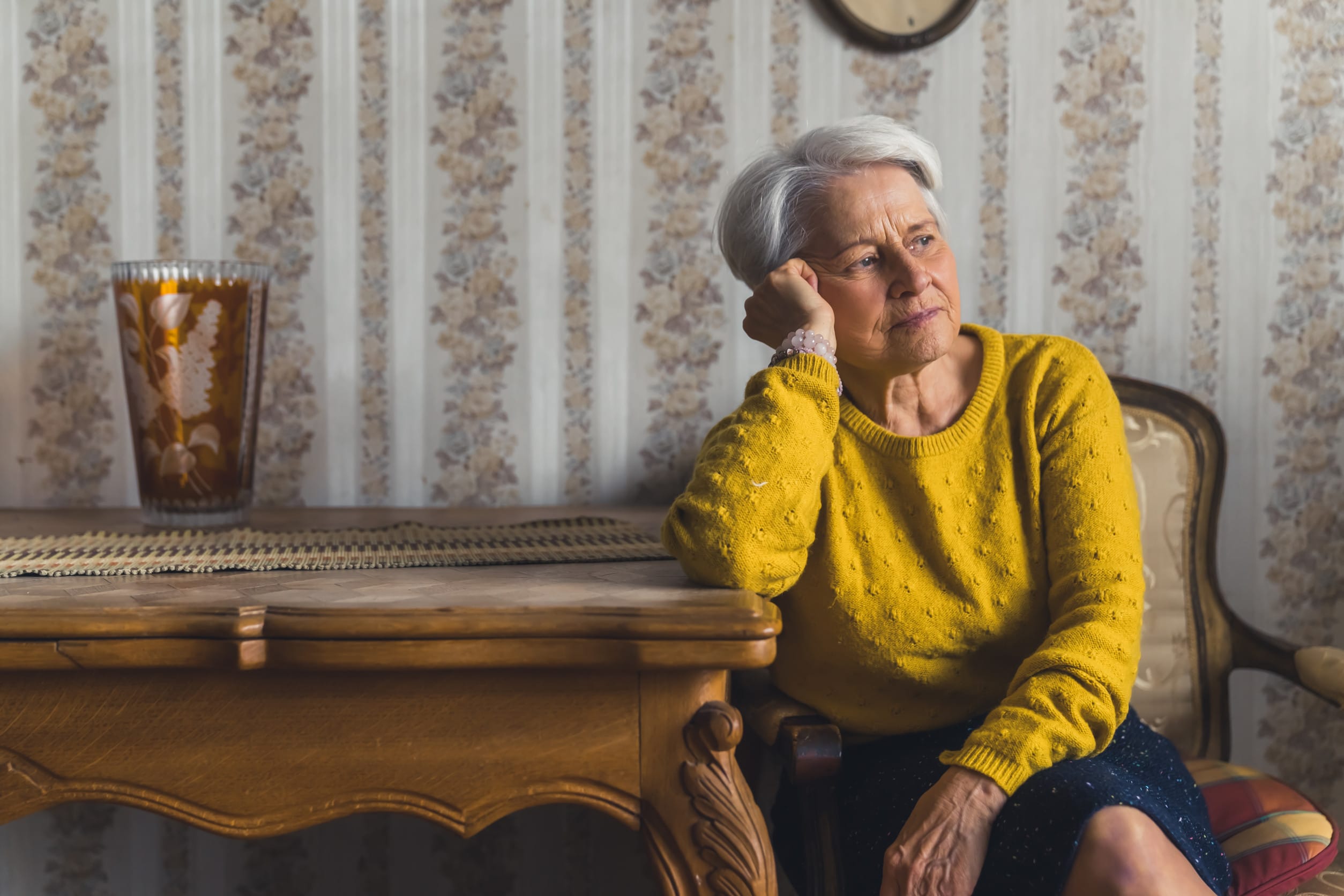
Many retirees enjoy the peace and independence of living alone. But everyday routines may quietly broadcast that fact to neighbors, strangers, or even criminals. These signals often go unnoticed by seniors themselves, yet they can attract unwanted attention. What feels normal can actually compromise privacy and safety. Here are seven habits that make it obvious you live alone.
1. Letting Mail or Packages Pile Up
A stack of newspapers, mail, or packages outside your home signals absence or neglect. To criminals, this suggests no one else is around to handle them. Even short delays in picking up deliveries create risks. Seniors who live alone often underestimate how visible this is. Regular collection or delivery holds protect your privacy.
2. Consistent Lighting Patterns
Leaving the same light on every night makes it clear someone is trying to simulate activity. Observant outsiders quickly recognize the pattern. Automated timers with varied schedules are safer than a single bulb burning. Criminals look for predictability, and static lighting gives them clues. Small changes prevent big risks.
3. Parking the Same Way Daily
Keeping your car in the same spot—or leaving the driveway empty when you’re gone—sends a message. Outsiders can easily tell when you’re home or away. Retirees living alone often don’t realize how obvious this becomes. Parking habits create a predictable routine. A little variation goes a long way.
4. Posting Daily Routines Online
Sharing daily activities on Facebook or Instagram can signal that you live alone. Posts about morning walks, grocery trips, or evening hobbies create predictable schedules. Strangers can piece together these clues with ease. Retirees who live alone should be especially cautious online. Privacy settings matter more than likes.
5. Talking Too Freely With Strangers
Conversations with delivery drivers, neighbors, or acquaintances may reveal living arrangements. Mentioning that no one else lives with you can seem harmless. But criminals thrive on small details. Seniors who enjoy chatting may unintentionally overshare. Guarding personal details keeps independence safer.
6. Neglecting Yard or Home Maintenance
An unkempt yard or poorly lit exterior signals that no one else is around to help. Criminals may assume the homeowner is older and alone. Even minor neglect can attract attention. Routine maintenance isn’t just about appearance—it’s about security. A well-kept property discourages prying eyes.
7. Answering the Door Too Quickly
Rushing to answer the door tells visitors that no one else is home. Criminals testing houses often use this trick. Seniors living alone sometimes do it out of habit. Waiting a moment or using video doorbells creates more uncertainty. The less obvious your living situation, the safer you are.
Why Awareness Protects Independence
Living alone in retirement offers freedom, but it also requires extra vigilance. Everyday habits—mail piles, routine posts, or quick answers—can broadcast more than intended. By adjusting routines and guarding privacy, seniors protect both safety and peace of mind. Independence thrives when it’s paired with awareness. A secure home is a happy home.
Have you ever realized you were broadcasting that you live alone? Share your tips in the comments to help others stay safer.
You May Also Like…
- 7 Home Safety Tips That Actually Do More Harm Than Good
- Burglars Love When You Leave These 8 Clues That You’re Out of Town
- Why More Retirees Are Ditching Smartphones for Safety Reasons
- Why Assisted Living Isn’t Safer Than Living Alone In Some States
- 8 “Safe” Neighborhoods Where Crime Is Quietly Rising

Teri Monroe started her career in communications working for local government and nonprofits. Today, she is a freelance finance and lifestyle writer and small business owner. In her spare time, she loves golfing with her husband, taking her dog Milo on long walks, and playing pickleball with friends.






Comments